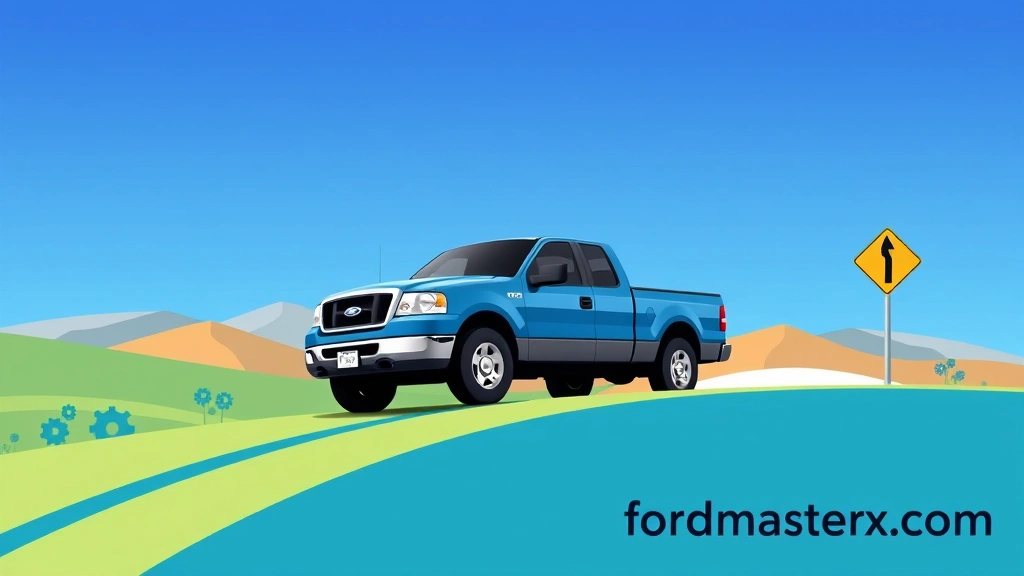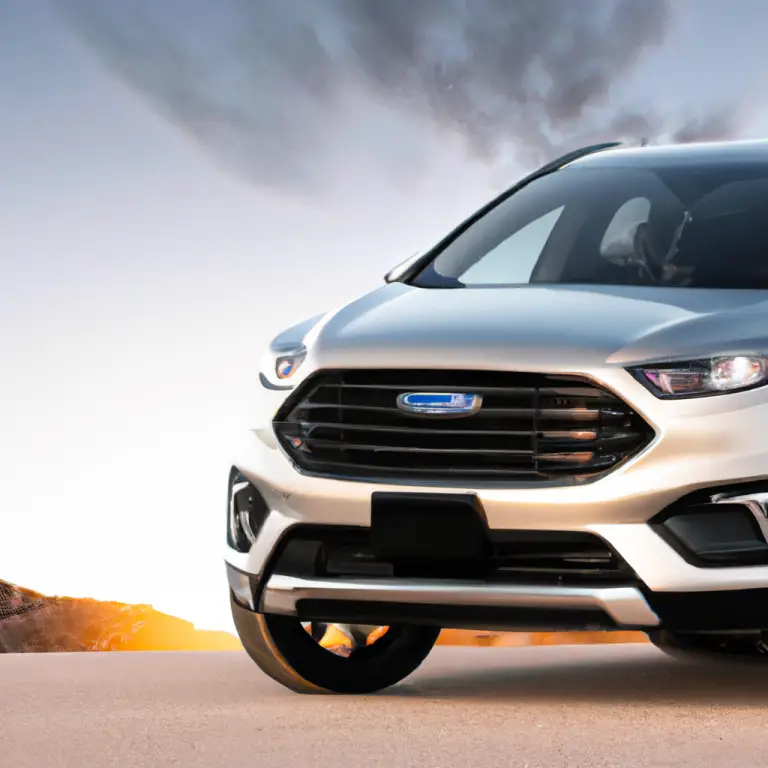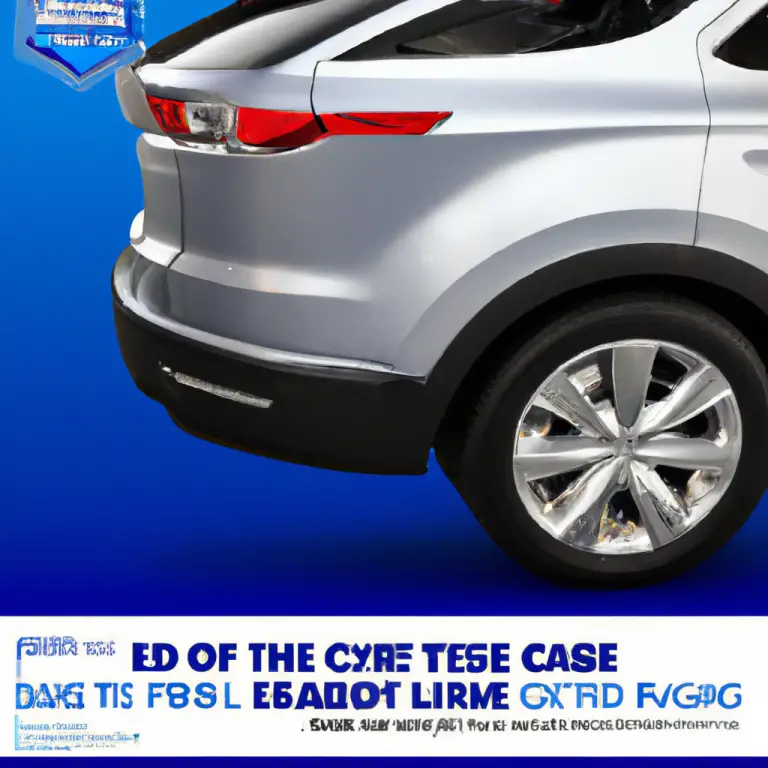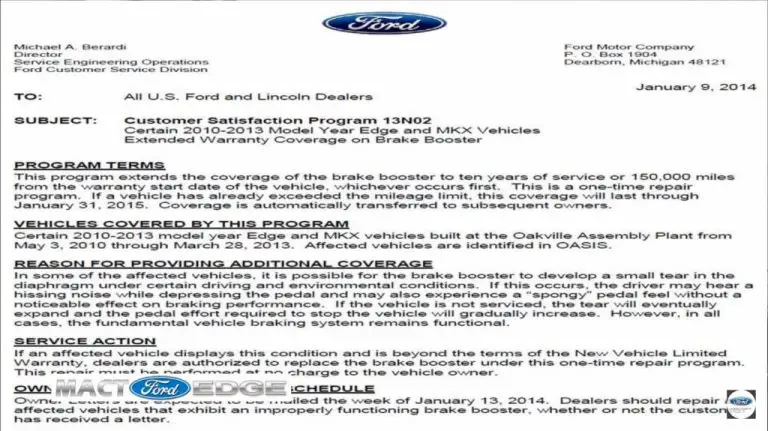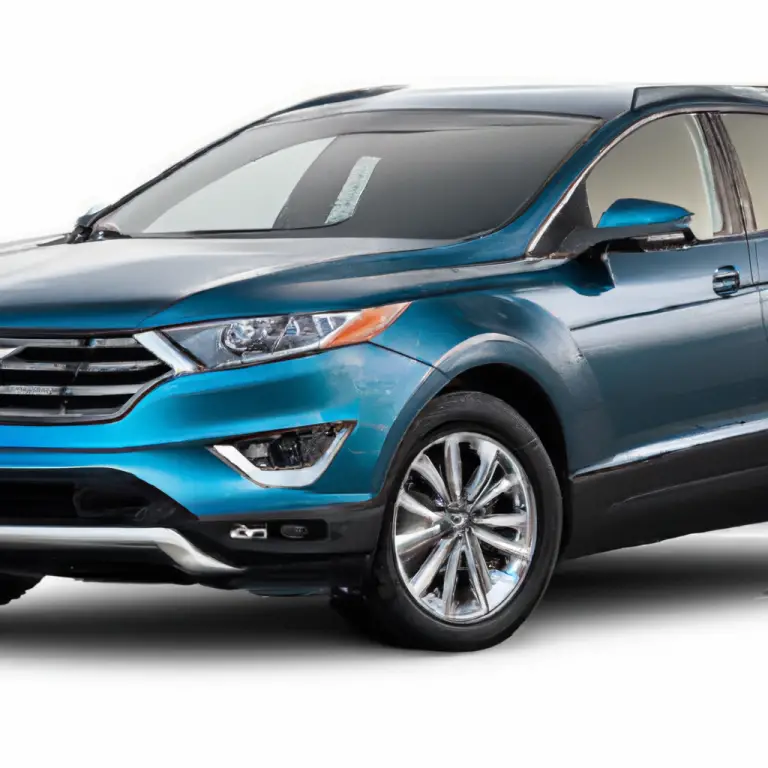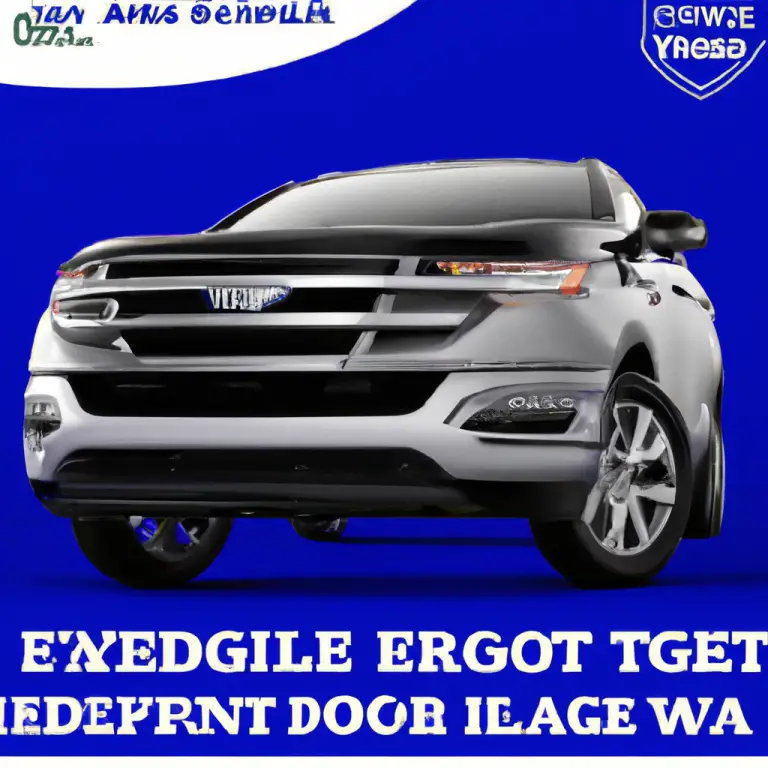2004 F-150 Heritage: Is It Your Next Truck?
Key Takeaways
- The 2004 Ford F-150 Heritage model is a unique blend, bridging the gap between the tenth and eleventh generations of the F-150.
- It offered a more traditional, robust design compared to the then-new 2004 F-150, appealing to purists.
- Understanding its specific features, engine options, and trim levels is crucial for potential buyers or enthusiasts.
- Maintenance and common issues are important considerations for anyone looking to own or restore one of these trucks.
- Its legacy continues to influence the truck market, showcasing Ford's commitment to diverse customer needs.
The year 2004 was a bit of a crossroads for Ford’s F-150. You had the brand-spanking-new, revolutionary eleventh-generation F-150 hitting dealerships, but something else was quietly available alongside it: the 2004 Ford F-150 Heritage. This wasn't just another trim; it was a nod to the past, a last hurrah for the popular tenth-generation body style.
It's kind of like when your favorite band releases a new album, but then drops a "lost tracks" compilation from their classic era at the same time. The Heritage was that "lost tracks" for truck enthusiasts. It offered a familiar, proven platform for those who weren't quite ready for the radical redesign.
What Exactly is the 2004 Ford F-150 Heritage?
So, you might be asking, "What makes the Heritage different from a regular 2004 F-150?" Well, the key lies in its lineage. While the eleventh-gen 2004 F-150 was all-new from the ground up, the Heritage was essentially the outgoing 2003 F-150 carried over for one more model year.
Think of it as a bridge between two eras. Ford wanted to capitalize on the continued demand for the outgoing body style while easing buyers into the new design. It was a smart move, giving customers options.
Why Did Ford Offer Two F-150s in 2004?
This dual-model strategy wasn't just a whim. It was a calculated decision to manage the transition to a new generation. Ford knew the tenth-gen F-150 had a loyal following.
By offering the Heritage, they could still serve those customers who preferred the older design, perhaps for its simpler mechanics or established aftermarket support. It also allowed them to ramp up production of the new model without alienating a significant portion of their customer base. It's all about supply and demand, right?
Diving Deeper: Features and Specifications
The 2004 F-150 Heritage stuck to the tried-and-true formula that made its predecessor so popular. It wasn't about flashy new tech; it was about reliable utility. This truck was built for work and everyday hauling, plain and simple.
You wouldn't find the same level of interior refinement or advanced safety features as the new 2004 F-150, but what you did get was a dependable workhorse. Many folks preferred that straightforward approach.
Engine Options for the Heritage
The Heritage F-150 came with a couple of familiar engine choices, both proven performers. These engines were known for their durability and respectable towing capabilities for the time.
You weren't going to win any drag races, but they got the job done.
4.2L V6 Engine
This was the base engine for the Heritage. It was a solid, economical choice for lighter duty work or those who didn't need massive power.
It offered decent fuel economy for a full-size truck and was known for its reliability.
4.6L V8 Engine

The step up was the 4.6L V8. This engine provided more power and torque, making it better suited for heavier towing and hauling.
It was a popular choice and is still a workhorse in many older F-150s running around today.
Trim Levels Available
The Heritage kept things relatively simple regarding trim levels, focusing on practicality. You weren't overwhelmed with choices, which for some, was a good thing.
It was about functionality over frills.
- XL: The no-frills work truck. Basic interior, vinyl seats, and rubber flooring. Perfect for construction sites or farm use where durability was key.
- XLT: A step up, offering more comfort features like cloth seats, power windows, and air conditioning. This was the popular choice for many personal and light-duty commercial users.
You might also find some special editions or packages that added unique badging or specific features, but these were the core offerings.
What About the New 2004 F-150? How Did It Compare?
The "new" 2004 F-150 was a completely different beast. It sported a more modern, aerodynamic design, a significantly updated interior, and new engine options. It was a leap forward in terms of comfort, technology, and ride quality.
It aimed for a more "car-like" driving experience while still being a capable truck. This was Ford's vision for the future of the F-150.
%20Super%20Cab-FrontSide_FT15EXLT046_505x375.jpg?downsize=382:*)
| Feature | 2004 F-150 Heritage (10th Gen) | New 2004 F-150 (11th Gen) |
|---|---|---|
| Body Style | Rounded, traditional | Boxier, modern |
| Interior | Functional, simpler | More refined, car-like |
| Engine Options | 4.2L V6, 4.6L V8 | 4.6L V8, 5.4L V8 (new) |
| Frame | Older, robust | Fully boxed, stiffer |
| Ride Quality | Truck-like | Smoother, more compliant |
| Overall Feel | Workhorse | Balanced work/comfort |
This table really highlights the differences, doesn't it? It's clear that Ford was catering to two distinct markets simultaneously.
Owning a 2004 F-150 Heritage Today
If you're thinking about picking up a 2004 F-150 Heritage, you're looking at a classic. These trucks are now approaching two decades old, and while they're known for their toughness, they'll definitely have some stories to tell.
They can make fantastic project trucks, daily drivers for those who prefer simpler mechanics, or even a reliable work truck if well-maintained.
Common Issues and Maintenance Tips
Like any older vehicle, the 2004 F-150 Heritage has its quirks. Knowing what to look out for can save you headaches and money. Regular maintenance is key to keeping these trucks on the road.
- Spark Plugs: The 4.6L V8 can be finicky with spark plug changes, sometimes leading to issues if not done correctly.
- Intake Manifold Gaskets: These can be a common leak point, especially on the 4.6L V8. Keep an eye out for coolant leaks.
- Rust: Being an older truck, rust can be an issue, particularly in areas where salt is used on roads. Check the frame, rocker panels, and wheel wells.
- Transmission: The 4R70W automatic transmission is generally robust, but like any transmission, fluid changes are crucial.
- Suspension Components: Bushings, ball joints, and tie rods will eventually wear out. Listen for clunks or rattles.
Regular oil changes, fluid checks, and addressing small issues before they become big ones will extend the life of your Heritage dramatically.
Is the 2004 F-150 Heritage a Good Buy?

For the right person, absolutely. If you appreciate the simpler, more rugged design of the tenth-generation F-150 and are looking for a capable truck without all the modern complexities, the Heritage could be perfect.
It’s generally more affordable than the eleventh-gen 2004 F-150, making it an attractive option for budget-conscious buyers. Just remember, condition is everything!
The Legacy of the 2004 F-150 Heritage
While it was only available for a single model year, the 2004 Ford F-150 Heritage holds a unique place in F-150 history. It represents a pivot point, a moment where Ford gracefully transitioned its best-selling vehicle.
It’s a testament to the enduring popularity of the tenth-generation F-150 and Ford’s willingness to listen to its customers. It showed that sometimes, people just want what they know and love.
It also highlights how dynamic the automotive market is, with manufacturers constantly balancing innovation with tradition. The Heritage is a quiet but significant chapter in the F-150's storied career.
Frequently Asked Questions (FAQs)
Q1: What is the difference between the 2004 F-150 and the 2004 F-150 Heritage?
The "new" 2004 F-150 was a completely redesigned, eleventh-generation truck with a new frame, body, and interior. The 2004 F-150 Heritage was essentially the previous tenth-generation F-150 body style (from 1997-2003) carried over for one more year, offering a more traditional design and proven mechanics.
Q2: Why did Ford sell two different F-150 models in 2004?
Ford opted for this dual strategy to manage the transition to the new eleventh-generation F-150. It allowed them to cater to customers who preferred the familiar, outgoing body style while simultaneously introducing the new, redesigned model to the market. This helped maintain sales volume and customer satisfaction during the generational shift.
Q3: What engine options were available in the 2004 F-150 Heritage?
The 2004 F-150 Heritage typically came with two engine options: a 4.2L V6 and a 4.6L V8. These were both proven engines from the previous generation, known for their reliability and adequate performance for most truck duties.
Q4: Are parts readily available for the 2004 F-150 Heritage?
Yes, parts availability for the 2004 F-150 Heritage is generally very good. Since it shares most of its components with the highly popular 1997-2003 F-150 models, aftermarket and OEM parts are still widely available through various retailers and auto parts stores.
Q5: Is the 2004 F-150 Heritage a reliable truck?
The 2004 F-150 Heritage is generally considered a reliable truck, inheriting the robust mechanics of the tenth-generation F-150. Its engines and transmissions are known for their durability. However, like any vehicle of its age, reliability largely depends on how well it was maintained over the years and whether common age-related issues (like rust or wear-and-tear on suspension components) have been addressed.
Wrapping It Up
The 2004 Ford F-150 Heritage is more than just a truck; it’s a piece of automotive history. It represents a unique moment in time for Ford, showcasing their strategic approach to evolving their most important vehicle. Whether you own one, are looking to buy one, or just appreciate truck history, the Heritage F-150 tells a fascinating story.
So, what are your thoughts on the 2004 F-150 Heritage? Do you prefer the classic lines, or are you all about the newer designs? Share your experiences and opinions in the comments below!

